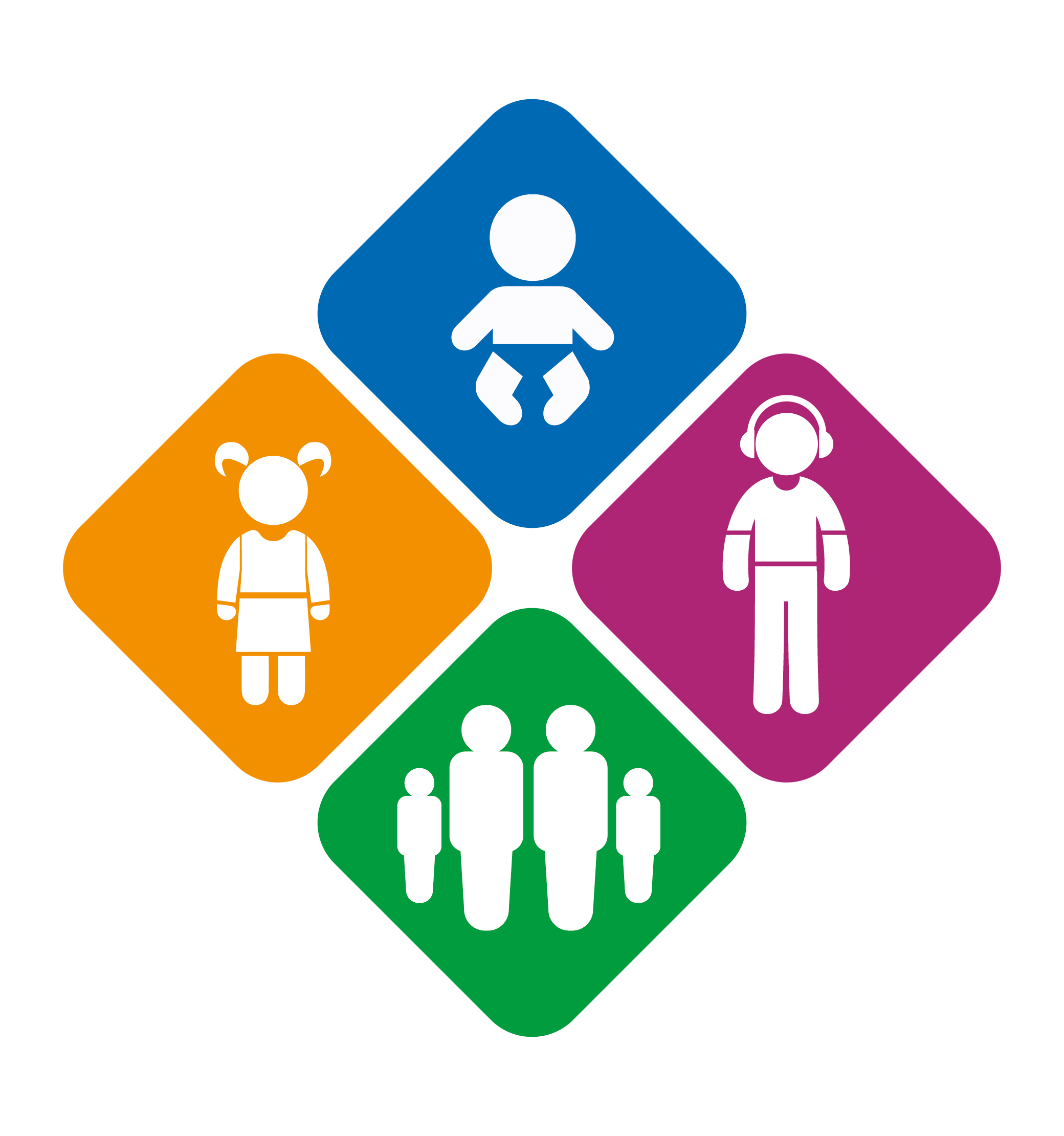Washing your hands is one of the easiest ways to protect yourself and others from illnesses such as food poisoning and flu.
You should wash your hands:
- after using the toilet or changing a nappy
- before and after handling raw foods like meat and vegetables
- before eating or handling food
- after blowing your nose, sneezing or coughing
- before and after treating a cut or wound
- after touching animals, including pets, their food and after cleaning their cages
Washing your hands properly removes dirt, viruses and bacteria to stop them spreading to other people and objects, which can spread illnesses such as food poisoning, flu or diarrhoea.
Encouraging children to keep their hands clean will prevent the spread of bacteria and potentially illness. Remind them to wash their hands:
- After they’ve been to the toilet
- Before they eat
- After they’ve been playing with a pet
- Before preparing food
- After touching laundry
It’s also never too late to teach them how to wash their hands properly. Make sure that they wash their hands with warm, soapy water and they clean the front and back of their hands and between their fingers – for at least 20 seconds. Make sure they know to dry their hands properly too.

